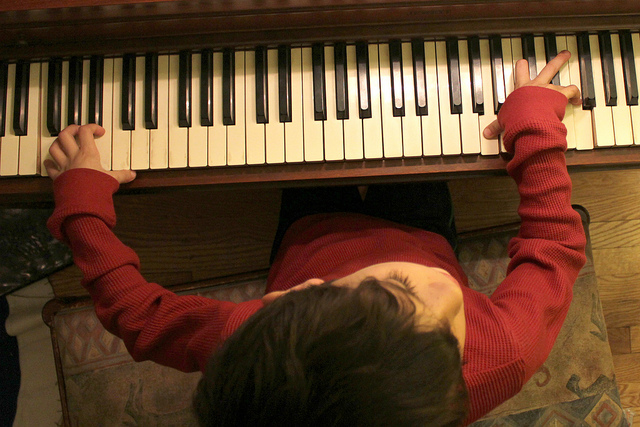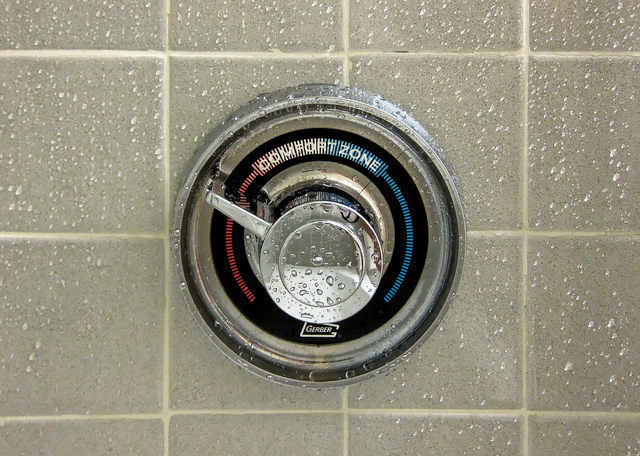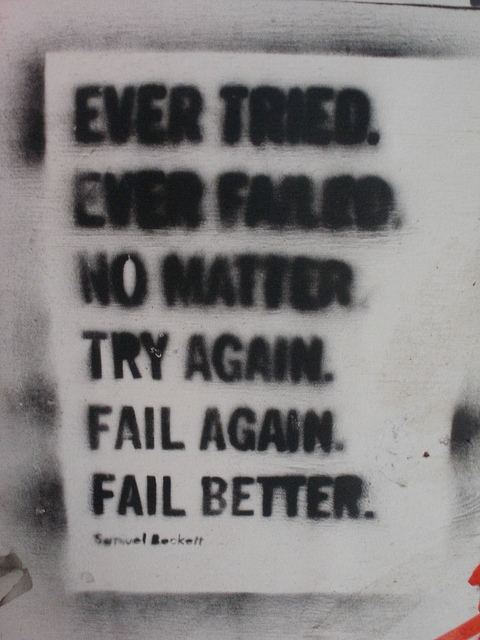 I’ve long been a believer in the idea that practice makes slightly better – perfection may well be out of reach for many of us, but with practice we can at least improve ourselves and our skills and become slightly better. In this post I look at some of the key messages from the book ‘Bounce: The Myth of Talent and the Power of Practice
I’ve long been a believer in the idea that practice makes slightly better – perfection may well be out of reach for many of us, but with practice we can at least improve ourselves and our skills and become slightly better. In this post I look at some of the key messages from the book ‘Bounce: The Myth of Talent and the Power of PracticePractice Makes Slightly Better
1. Practice More
There is a whole industry built up around ‘get-skilled quick’ schemes that offer us shortcuts to experience and competence. The sad, or frustrating fact is there is no shortcut. It takes about 10 years, or around 10,000 hours of good practice to achieve expert level in something.
Even ‘child prodigies’, who seem to be experts at a very young age, have actually just managed to put in a huge amount of practice at a young age. It took even Mozart until his 20s before he started to produce world class original work of his own.
Syed talks in Bounce about the iceberg analogy for the amount practice required to reach expert status. We as spectators or observers see only see the end result of many years of practice and development, which allows people to make a task or achievement look easy because they have spent such a long time practising it.
It is the length and breadth of practice and experience possessed by experts that allows them to make quick, correct decisions under pressure. It is this level of experience and understanding that cannot be achieved by a ‘get skilled quick’ from an intense course or book. There is no substitute for putting the hours in.
2. Practice Better
Unfortunately, but not surprisingly, it is not enough to mindlessly go over the same practice routine, examples or situations and hope that we improve.
To improve, we must leave our comfort zone and stretch ourselves to try new things and risk failure. It is through trying, failing, and reflecting on our failure that we learn and develop.

Image: Lars Plougmann; Some rights reserved
3. Have A Growth Mindset

Our attitude, our approach and how we think about practice is as important as the practice itself. We should have a growth mindset.
Having a growth mindset rather than a fixed mindset means that we seek out opportunities to challenge ourselves, because we know that is how we grow, learn and improve.
A growth mindset is optimistic – it means that we do not view our current skills, talents or capabilities as fixed. Instead we take the view that through purposeful practice our skills and talents can be improved.
Failure is not only an option, it is essential for learning and development, and we shouldn’t be afraid of it.
